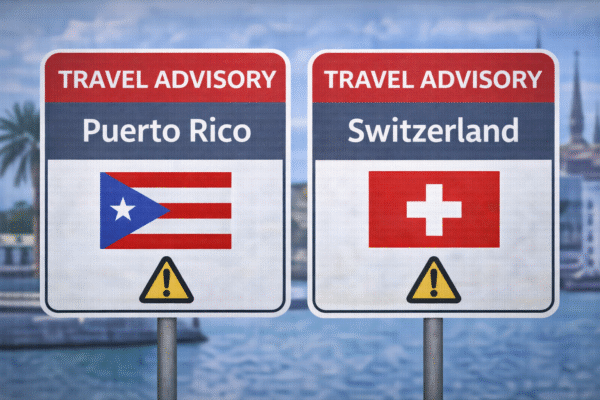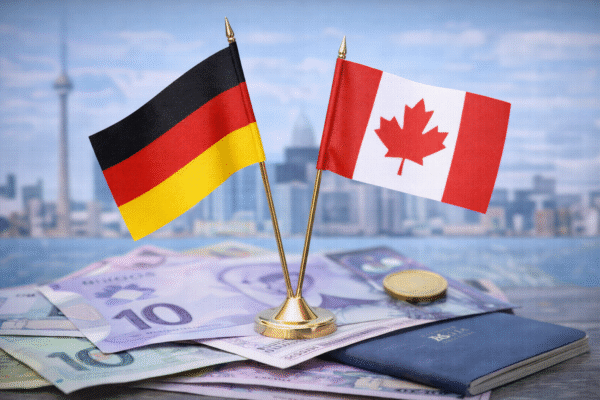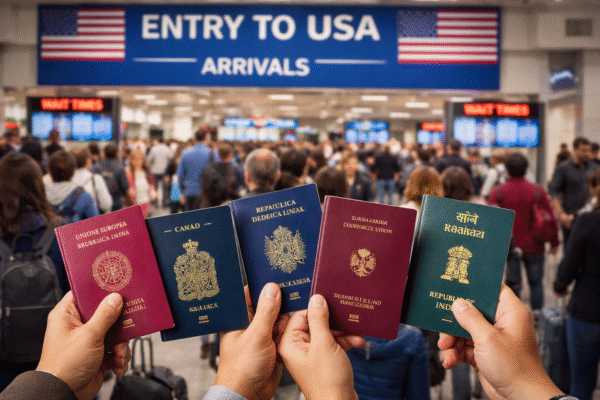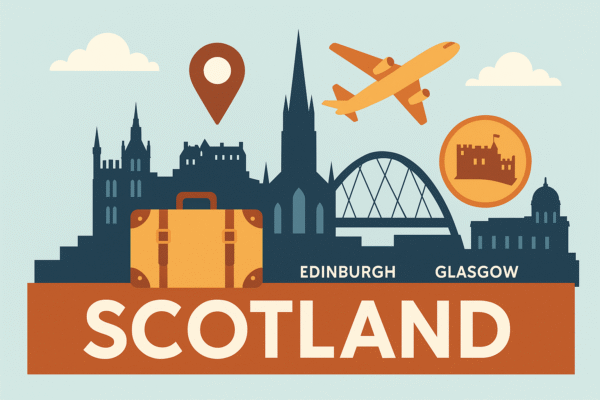Scotland is preparing for a major change in how its tourism economy operates. Three of its largest cities, Edinburgh, Glasgow, and Aberdeen, will introduce tourist taxes in the coming years. Officials see these levies as a way to manage the impact of rising visitor numbers while creating long-term benefits for local communities.
The goal is clear: generate revenue that can be reinvested in infrastructure, public services, and cultural events. For travelers, this means paying slightly more for overnight stays, but also enjoying stronger facilities and better visitor experiences.
Edinburgh Leads the Way
Edinburgh will take the lead by introducing a 5% tourist tax in July 2026. Visitors booking accommodation from this date will see an additional 5% added to their bills. The levy will apply across hotels, guest houses, bed and breakfasts, and holiday rentals.
Officials have set a rule that the tax only covers the first five nights of a stay. This makes the charge less burdensome for long-stay visitors while still providing steady revenue. Edinburgh City Council plans to use the income to improve tourist facilities, strengthen infrastructure, and fund major events.
The timing aligns with rising demand. Edinburgh has seen consistent growth in overnight visitors, drawn by world-class festivals, historic sites, and cultural heritage. The new tax aims to protect the city’s ability to handle this demand sustainably.
Glasgow Follows With Its Own Levy
Glasgow will follow in January 2027. The city has confirmed a 5% tourist tax on overnight stays, which averages about £4.83 per night. Local officials expect the charge to generate £16 million annually.
The funds will support infrastructure improvements, cultural programs, and events. Glasgow, already famous for its thriving music and arts scene, expects the revenue will boost its global appeal as a cultural hub.
Hotels and tourism operators believe the levy will allow Glasgow to maintain its competitive edge while also delivering visible benefits for visitors. The city plans to highlight the improvements made possible by the tax to reassure travelers of its value.
Aberdeen Sets Higher Rate
Aberdeen will join the list in April 2027 with a slightly higher rate of 7%. With hotel rooms averaging around £70, visitors can expect to pay an extra £4.90 per night. The city estimates annual revenue of £6.8 million.
This money will support infrastructure projects and help the city adapt to increasing visitor numbers. Aberdeen hopes the investment will strengthen its appeal as both a leisure and business destination, balancing its oil economy with tourism growth.
Regions Opposing the Tax
Not every region supports the idea. Island councils in Orkney, Shetland, and the Western Isles have rejected plans for a visitor levy. Officials argue that rural and island tourism operates differently and cannot absorb extra charges without hurting local businesses.
Some regions, such as Argyll and Bute, delayed decisions after public consultations showed limited support. South Ayrshire also rejected the idea, with only 15% of residents in favor. Others, like Dumfries and Galloway, remain undecided and continue to study the potential impact.
Push for Cruise and Entry Taxes
Debate continues over how to include cruise ship visitors and campervan travelers, who currently escape the tax. Scotland welcomed more than 1.2 million cruise passengers last year, creating calls for a port-based levy.
The Scottish government has already held consultations on a possible cruise ship tax. Advocates argue this would ensure all visitors, not just those booking hotels, contribute to maintaining local resources. Results from these discussions are expected soon.
Who Pays and Who Is Exempt
The tax will apply to all overnight visitors, including domestic travelers from Scotland and the rest of the UK. It will cover hotels, hostels, bed and breakfasts, guest houses, self-catering properties, campsites, and caravan parks.
Tourists staying in campervans or boats in one location will also face the levy. Exemptions will apply to vulnerable groups such as people experiencing homelessness, refugees, and asylum seekers.
Economic and Social Impact
Supporters of the levy argue that it creates a fairer balance between visitors and residents. Tourism brings enormous benefits to Scotland but also places pressure on roads, waste services, and public infrastructure. By sharing these costs, local communities gain support to manage high visitor volumes.
The revenue will also fund cultural events that attract tourists in the first place. Festivals, exhibitions, and heritage programs stand to benefit from the new income, creating a cycle where tourism reinvests in its own success.
Opponents worry that the tax may deter budget travelers or reduce competitiveness compared to other destinations. However, evidence from other European cities suggests that modest levies have little effect on overall demand.
Shaping Scotland’s Tourism Future
The introduction of tourist taxes in Edinburgh, Glasgow, and Aberdeen marks a turning point for Scotland’s tourism economy. Visitors will soon contribute more directly to the upkeep of the places they enjoy.
For travelers, the changes may add a small extra cost but promise better services, improved infrastructure, and stronger cultural offerings. For residents, the levies represent a fairer distribution of tourism’s benefits.
Bottom Line
Scotland’s biggest cities are reshaping their tourism economies with new visitor levies. Edinburgh launches its tax in 2026, followed by Glasgow in 2027 and Aberdeen later the same year. While rural and island regions resist, urban centers believe the new charges are essential for sustainable growth.
The debate reflects a broader trend across Europe: tourism must pay for its impact. With millions of visitors each year, Scotland is taking steps to ensure that growth benefits both locals and travelers.
The Scottish tourist tax system will change how visitors experience the country, but it also promises to secure its cultural and economic future for generations to come.
For more travel news like this, keep reading Global Travel Wire



















